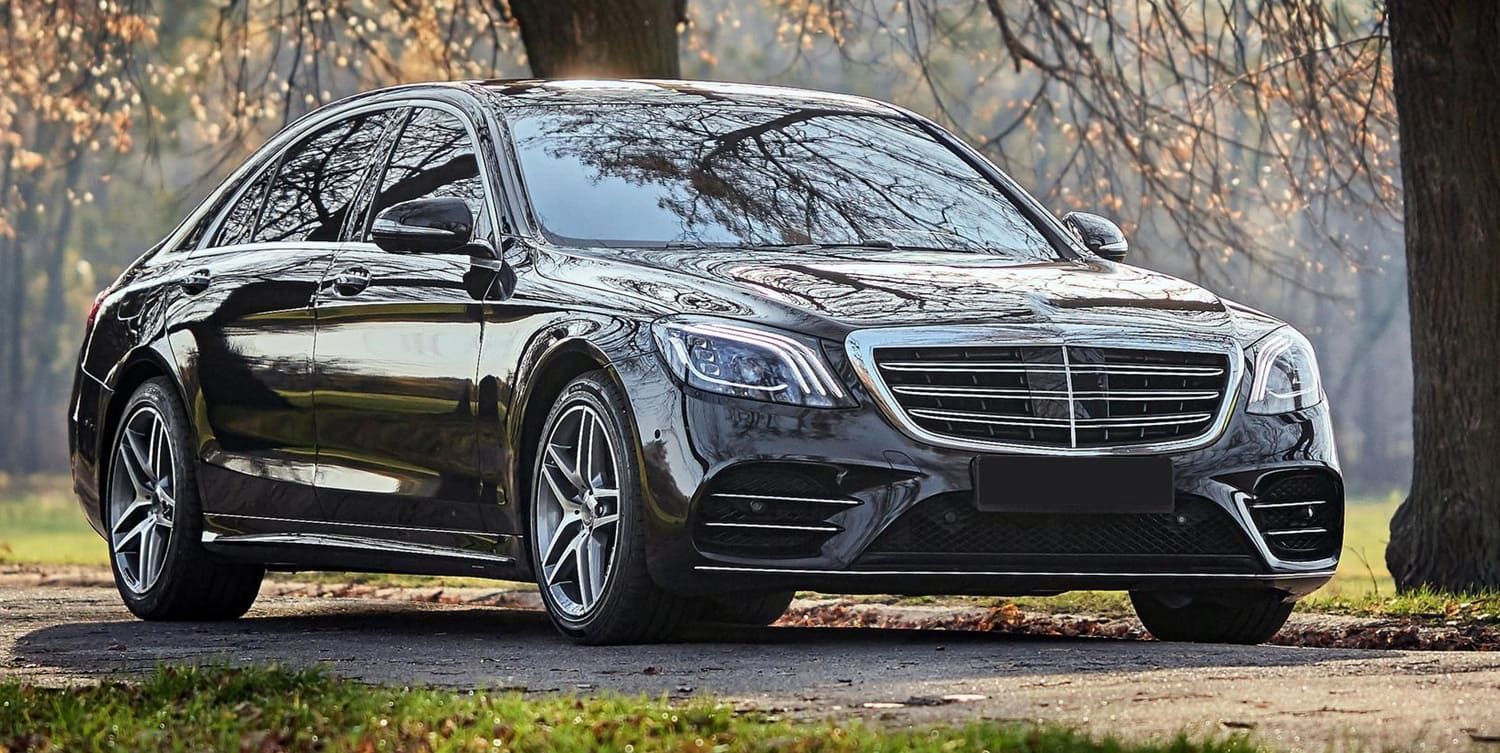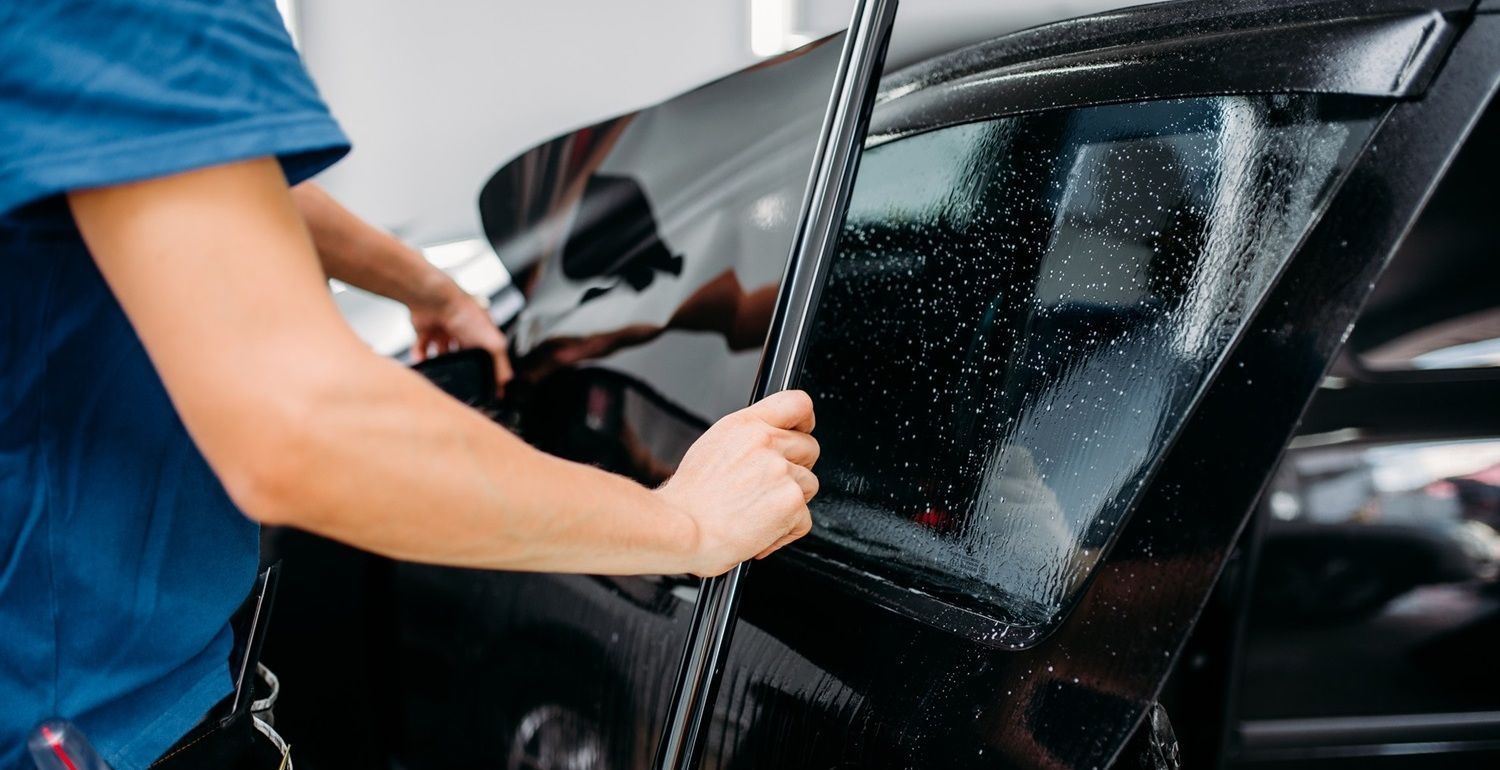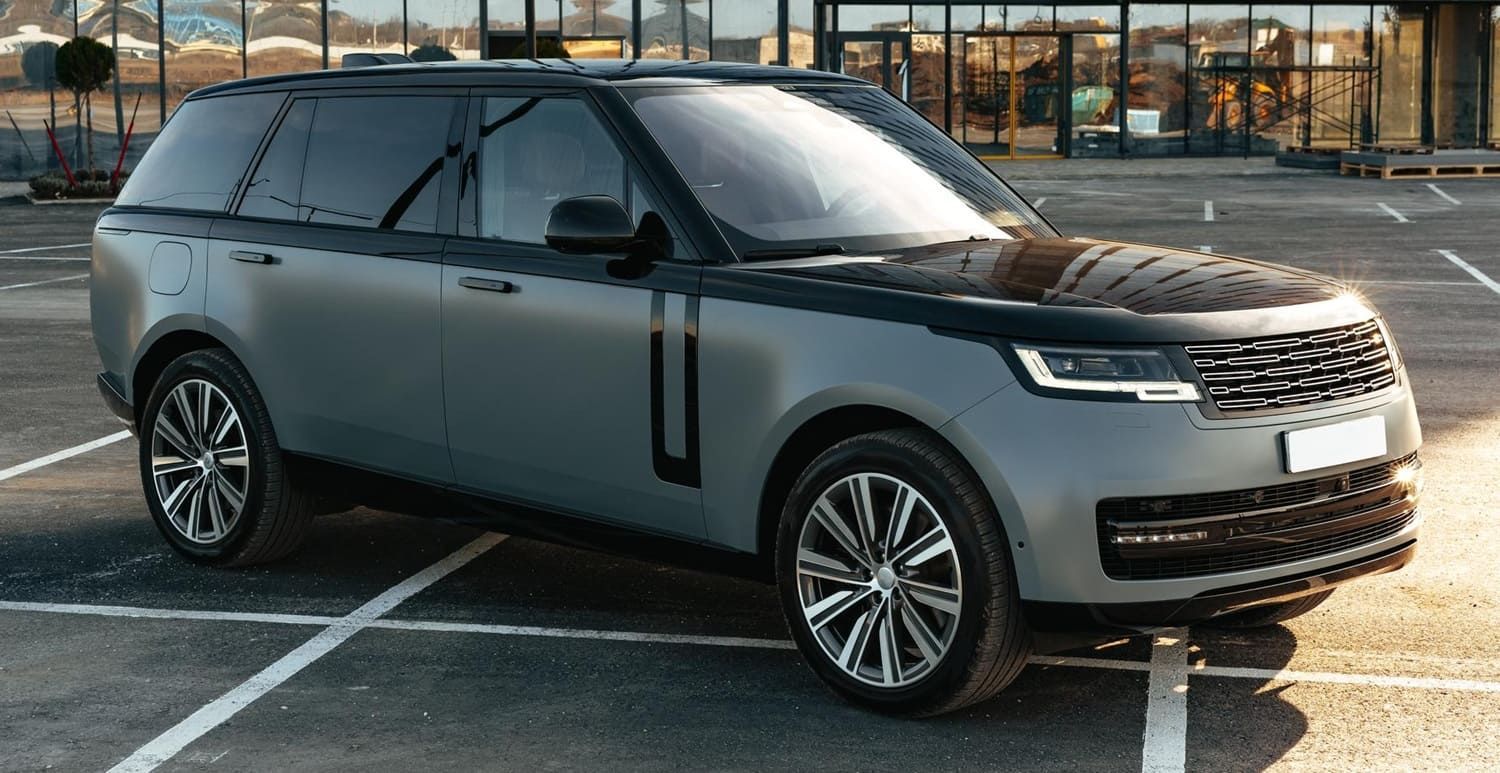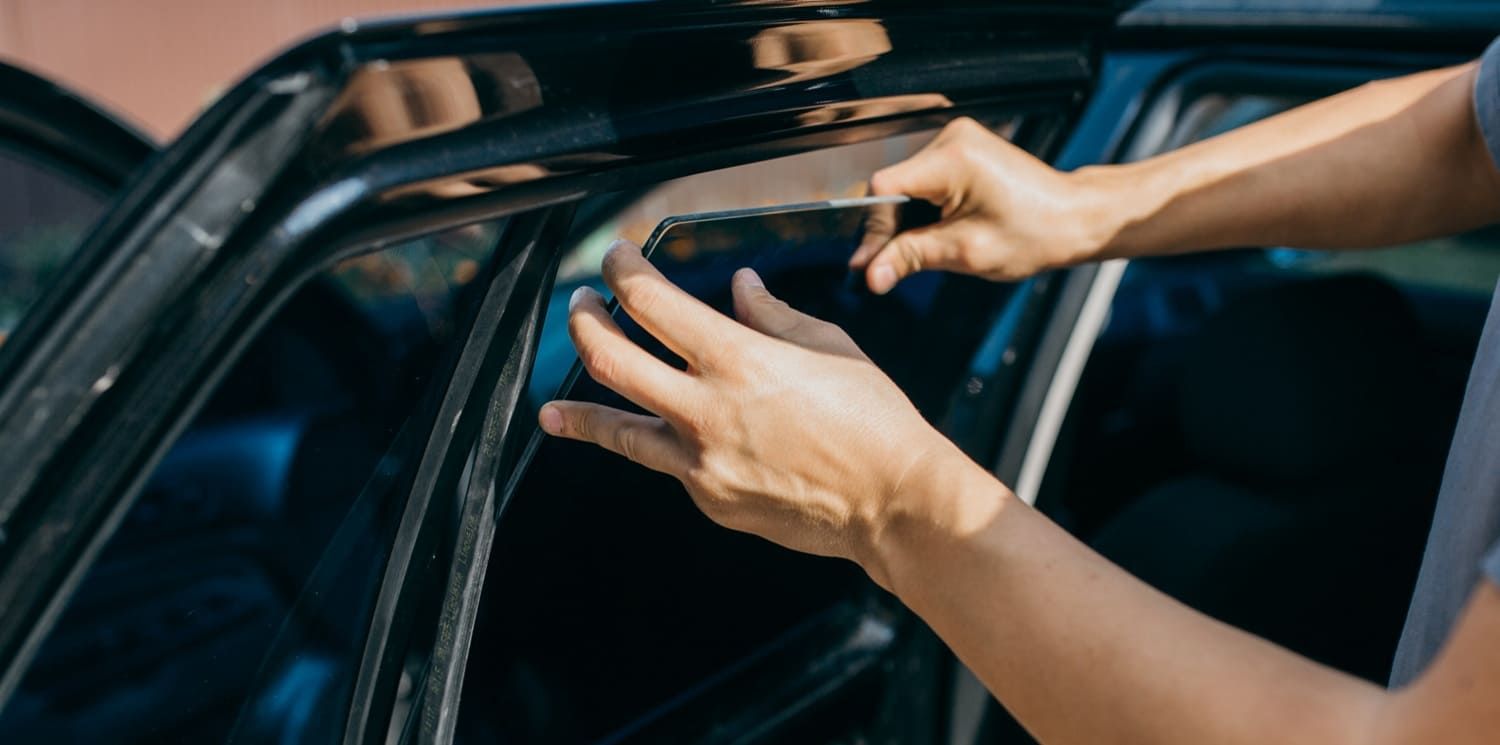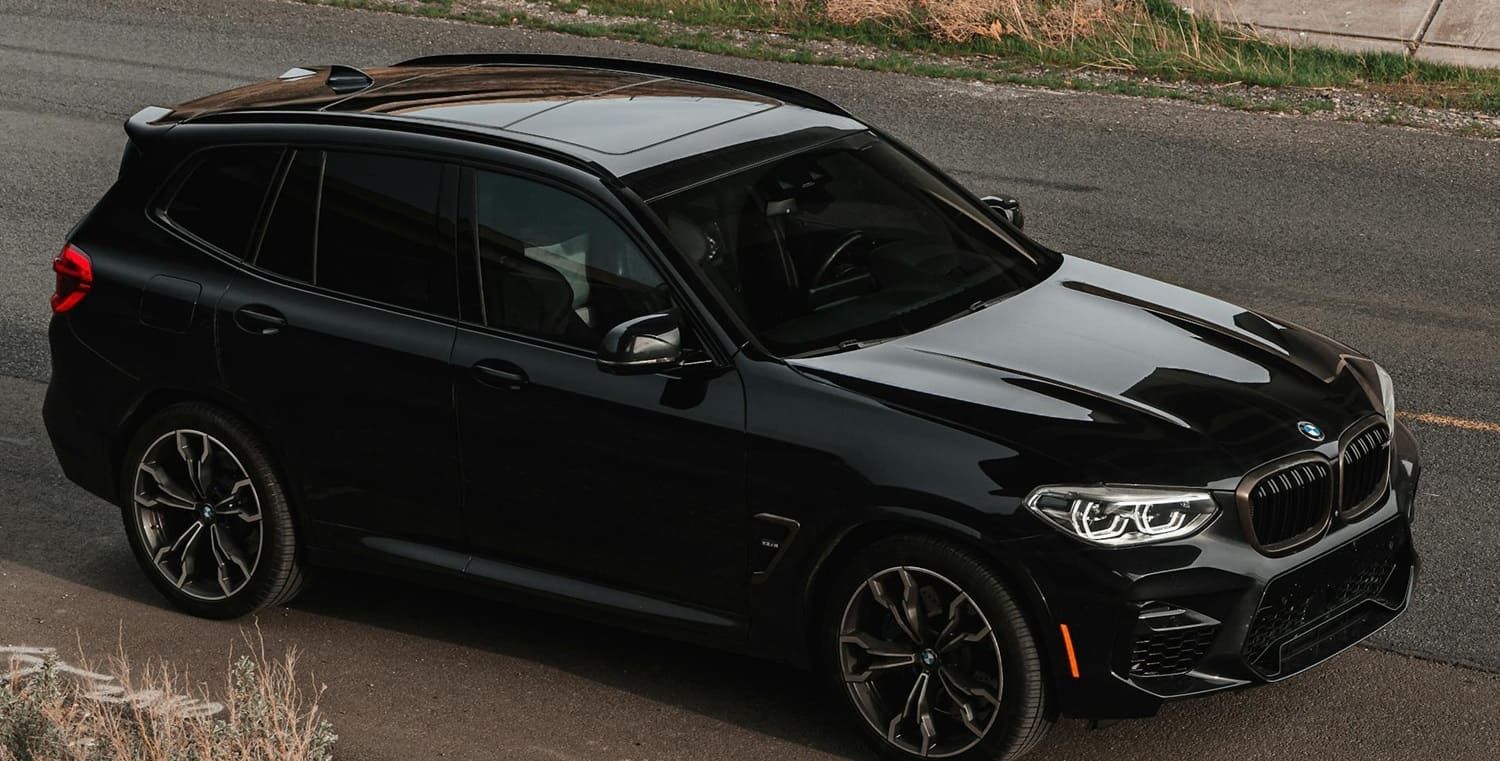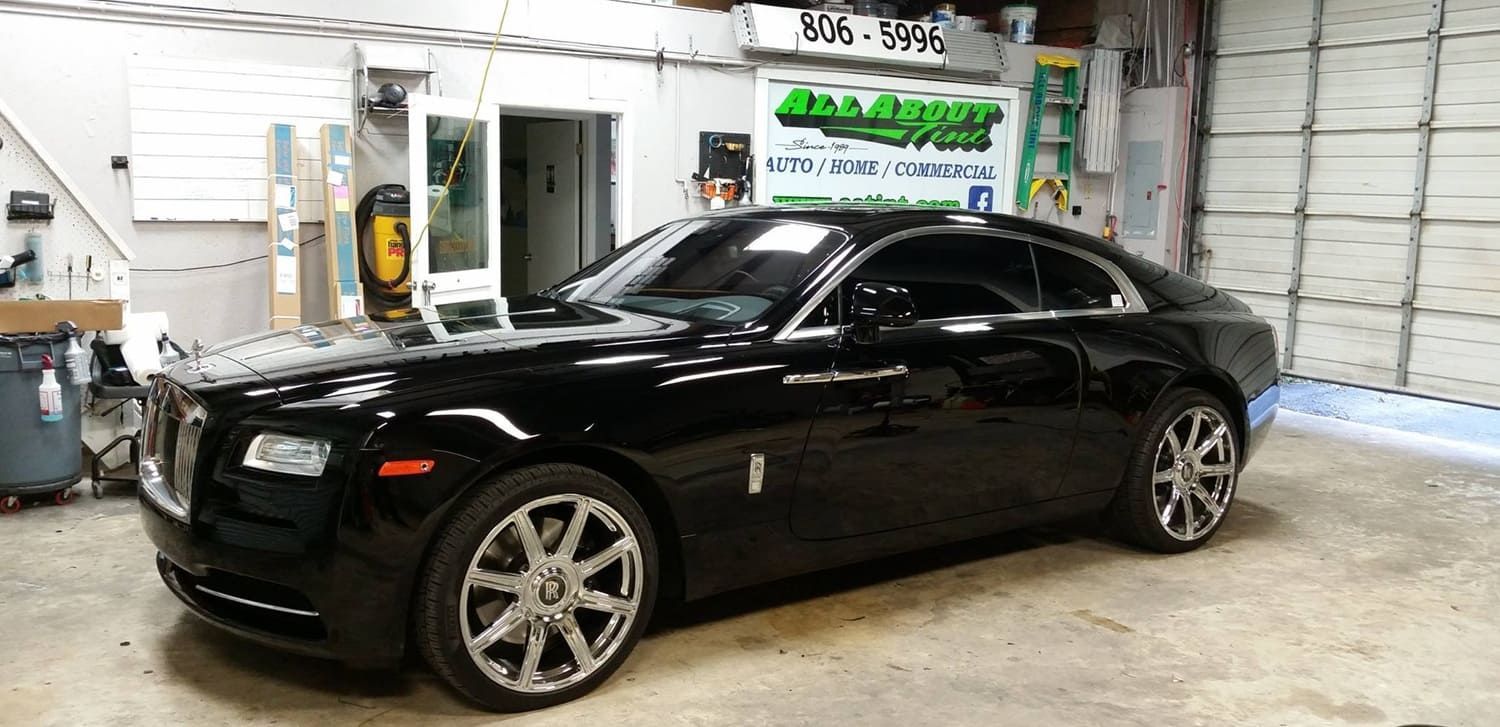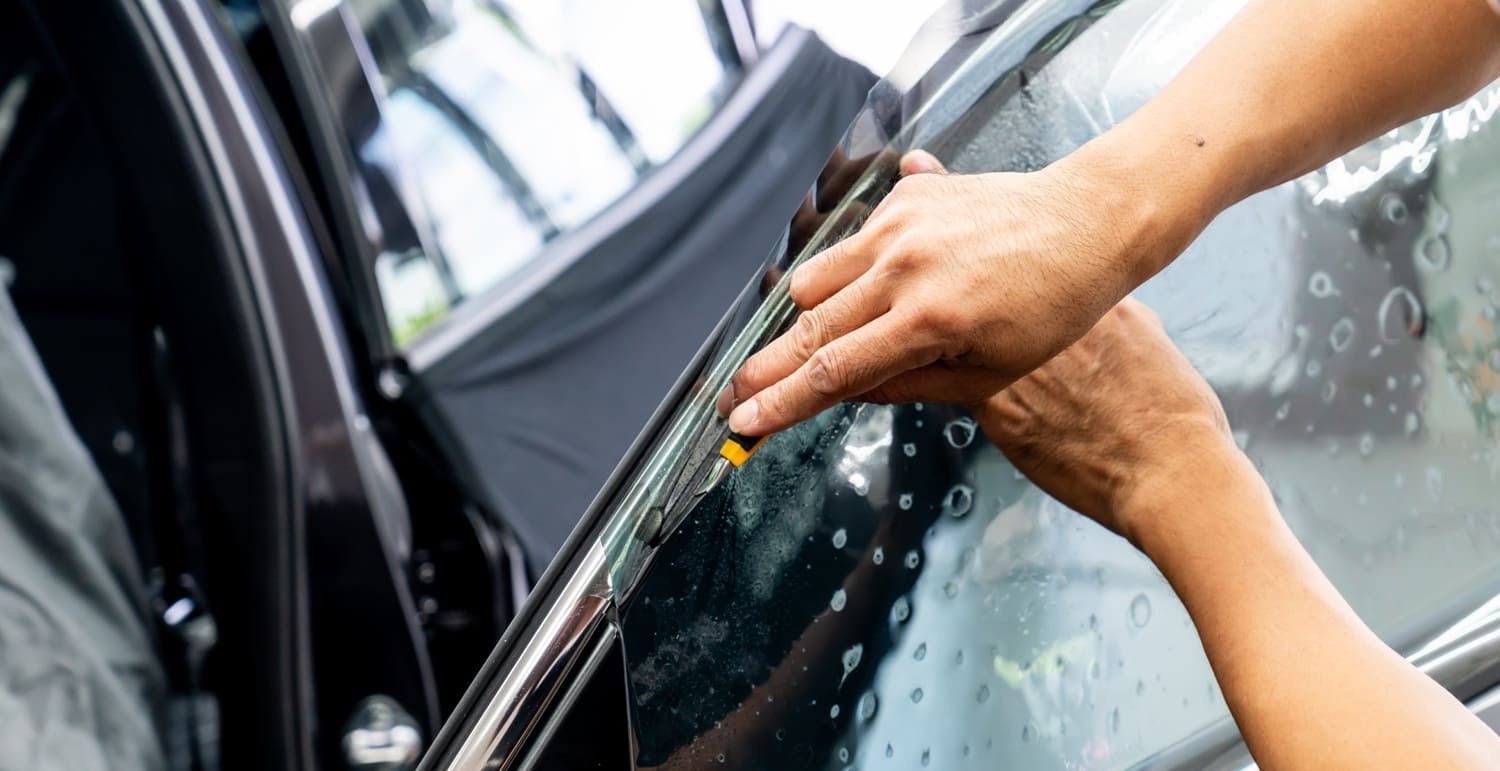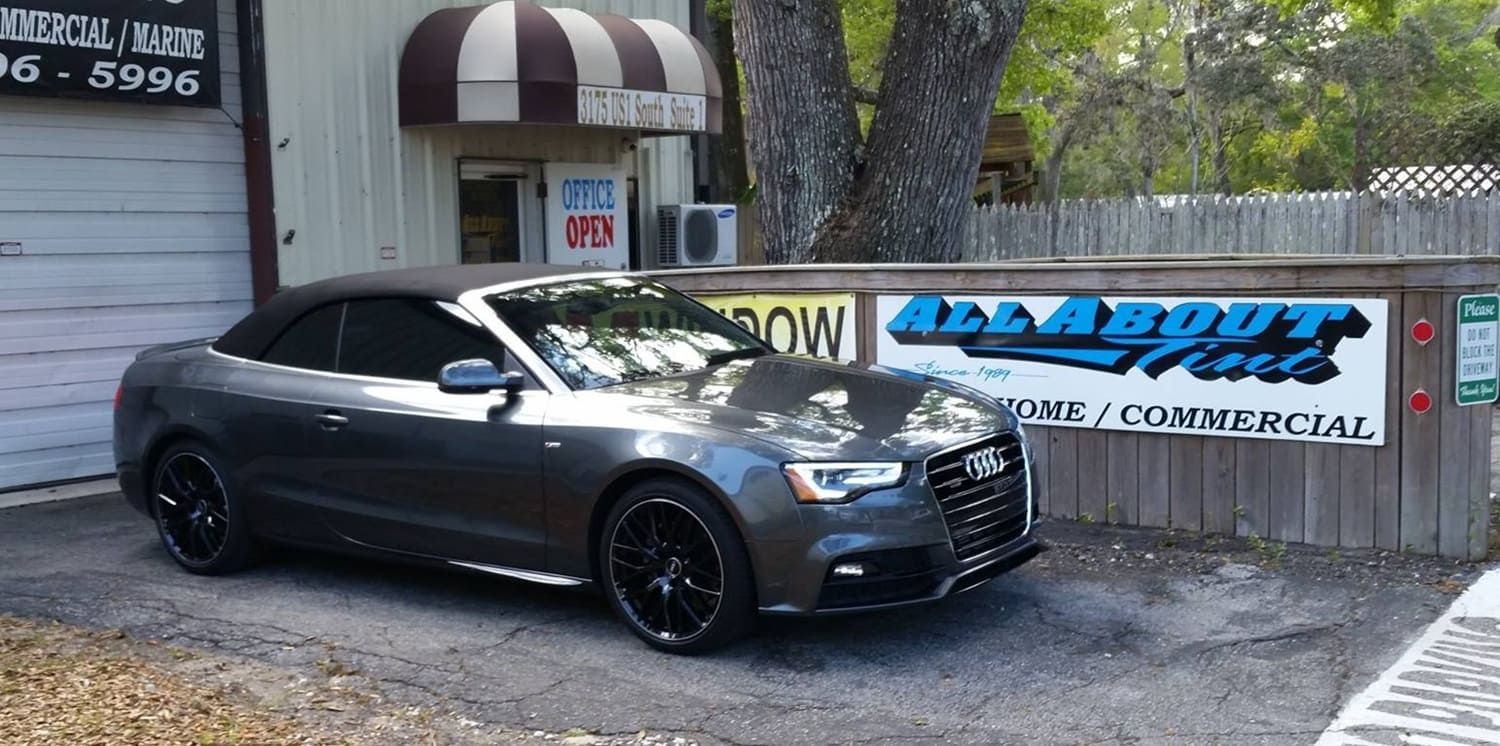What’s the Darkest Legal Tint in Florida?
Florida has specific laws regarding how dark or reflective car window tinting can be. These laws are in place to ensure safety for drivers and law enforcement officers by maintaining visibility into vehicles. It's important to understand that these regulations are not arbitrary; they are designed to balance the benefits of tinting with the necessity of road safety. Compliance with these laws ensures that drivers can see clearly, and that law enforcement can perform their duties effectively, such as identifying people and objects inside vehicles.
Florida's tint laws are comprehensive and cover various aspects, including the level of darkness and the reflectivity of the tint. Reflectivity can be as crucial as darkness, as highly reflective tints can pose a hazard by reflecting sunlight or headlights into the eyes of other drivers. To ensure safety and legality, vehicle owners must be aware of both the visible light transmission (VLT) and the reflectivity limits set by the state.
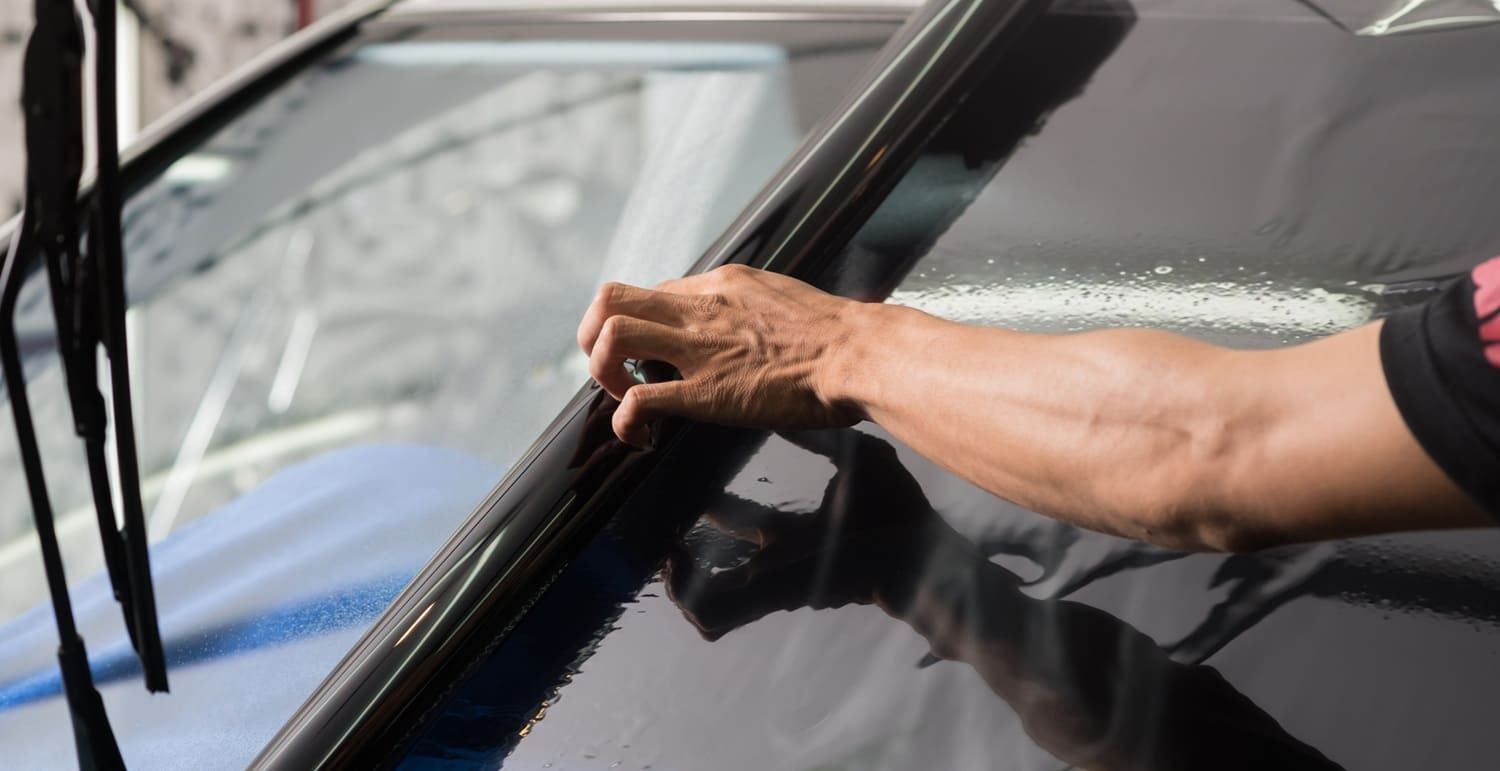
Visible Light Transmission (VLT)
The key term in window tinting regulations is Visible Light Transmission, or VLT. This percentage measures the amount of light that can pass through the window and into the car. A lower VLT means darker tint, allowing less light to pass through. Understanding VLT is crucial for anyone considering window tinting, as it directly impacts both compliance with the law and the effectiveness of the tint.
VLT is not just about darkness; it also affects visibility, both for the driver and those outside the vehicle. A very low VLT can severely limit a driver's ability to see the road, especially at night or in poor weather conditions. Thus, while a darker tint might seem appealing for privacy or aesthetics, it is vital to balance these desires with the practical need for clear vision and adherence to legal standards.
Florida's VLT Requirements
- Front Side Windows: Must allow more than 28% of light in.
- Back Side Windows: Must allow more than 15% of light in.
- Rear Windows: Must allow more than 15% of light in.
- Windshield: Non-reflective tint is allowed above the manufacturer's AS-1 line.
These VLT percentages are the darkest legal limits in Florida, and adhering to them is necessary to comply with state laws. It's also important to note that these limits are based on the visible spectrum of light and not other types of light, such as UV or infrared. This means that even with a legal tint, additional measures might be needed for UV protection.
Understanding these requirements helps vehicle owners make informed decisions about their window tinting options. It's also worth noting that these laws are subject to change, and staying updated with the latest regulations is essential. Consulting with a professional tinting service can also ensure that your vehicle meets all legal requirements while maximizing the benefits of window tinting.
Benefits of Legal Tint
There are numerous benefits to having legally tinted windows in Florida. Here are a few reasons why you should consider it:
Enhanced Comfort
Tinted windows can significantly reduce the heat inside your car, making it more comfortable, especially during the sweltering Florida summer months. By blocking out a significant amount of solar heat, your car's interior stays cooler. This reduction in heat not only makes driving more pleasant but also reduces the reliance on air conditioning, which can improve fuel efficiency.
Moreover, a cooler interior is beneficial for the longevity of the vehicle's interior components. Excessive heat can cause materials like leather and plastic to warp, crack, or fade over time. Thus, legal tinting can protect your investment by preserving the quality and appearance of your car's interior.
UV Protection
Legal tint can block up to 99% of harmful ultraviolet (UV) rays, protecting your skin from damage and reducing the risk of skin cancer. It also helps to prevent your car's interior from fading and cracking due to sun exposure. The long-term benefits of UV protection extend beyond personal health; they also contribute to the vehicle's resale value by maintaining the interior's condition.
In addition to health and interior protection, UV-blocking tints can also reduce glare from sunlight, making it easier to see the road and other vehicles. This contributes to overall driving safety, as reduced glare can decrease eye strain and improve reaction times in bright conditions.
Increased Privacy
While privacy is not the primary concern of tint laws, legally tinted windows offer a level of privacy by making it harder for outsiders to see into your vehicle. This can deter potential thefts, as valuables inside the car are not easily visible. Privacy also provides a psychological benefit, offering a sense of personal space even when you are in a public setting.
The privacy offered by window tinting can also be a boon for families, providing a more comfortable environment for children or pets by reducing external distractions. However, it's important to balance privacy with safety, ensuring that the tint does not impede visibility in critical driving situations.
Reduced Glare
Glare from the sun or headlights of other vehicles can be distracting and dangerous. Tinting reduces glare, making it safer and more comfortable to drive during both day and night. By minimizing the intensity of direct light entering the vehicle, tinted windows can help drivers maintain focus and reduce the need for frequent eye adjustments.
Moreover, reduced glare can be particularly beneficial for drivers with light sensitivity, providing a more pleasant driving experience. It can also contribute to safer nighttime driving by diminishing the effects of headlight glare from oncoming traffic. In all these ways, legal tinting enhances both comfort and safety on the road.
Penalties for Non-Compliance
If you fail to comply with Florida's tint laws, you could face penalties. Law enforcement officers have the right to issue fines if your window tint is too dark or reflective. It's essential to stay within the legal limits to avoid these fines and maintain road safety. Non-compliance can also lead to further scrutiny from law enforcement, which can be inconvenient and stressful for drivers.
Ignoring tint laws might seem like a minor infraction, but it can have significant consequences. Beyond fines, non-compliant tinting can lead to more severe penalties if it contributes to unsafe driving conditions or accidents. Therefore, adherence to tint regulations is not just about avoiding fines; it's about committing to safer driving practices.
Florida's Penalty Structure
- First Offense: May result in a non-moving violation with a fine.
- Repeat Offenses: Could lead to higher fines and potentially being required to remove the illegal tint.
Being informed about and adhering to these laws not only keeps you from facing penalties but also ensures a safer driving experience. Repeated offenses can accumulate, leading to increased financial burdens and possibly impacting your driving record. It's prudent to rectify any non-compliance issues promptly to avoid escalating penalties.
Moreover, the process of removing illegal tint can be both time-consuming and costly. It often requires professional removal services to ensure that no damage is done to the windows or defroster lines. Therefore, it's best to install legal tint from the outset to avoid these potential complications.
Choosing the Right Tint
When selecting window tint for your vehicle, it's crucial to choose a reputable shop that understands Florida's tint laws. Experienced professionals can guide you in selecting the appropriate tint that complies with state regulations. They can also offer insights into different types of tint films, helping you make a decision that balances legal compliance, functionality, and aesthetic preference.
Choosing the right tint involves more than just meeting legal requirements; it also means considering the quality and durability of the film. High-quality tint films offer better performance in terms of heat rejection, UV protection, and clarity. They are also more resistant to bubbling, peeling, and discoloration over time, ensuring that your investment lasts.
Factors to Consider
- VLT Percentage: Ensure the tint you choose meets the legal VLT requirements for each window type.
- Quality of Film: Opt for high-quality tint films that offer better durability, clarity, and UV protection.
- Warranty: Look for tint films with a warranty, which can provide peace of mind and protection against defects.
In addition to these factors, consider the reputation of the tinting service. A well-established shop with positive customer reviews is more likely to deliver satisfactory results. Also, inquire about the installation process, as professional application is crucial to achieving a seamless finish and maximizing the film's performance.
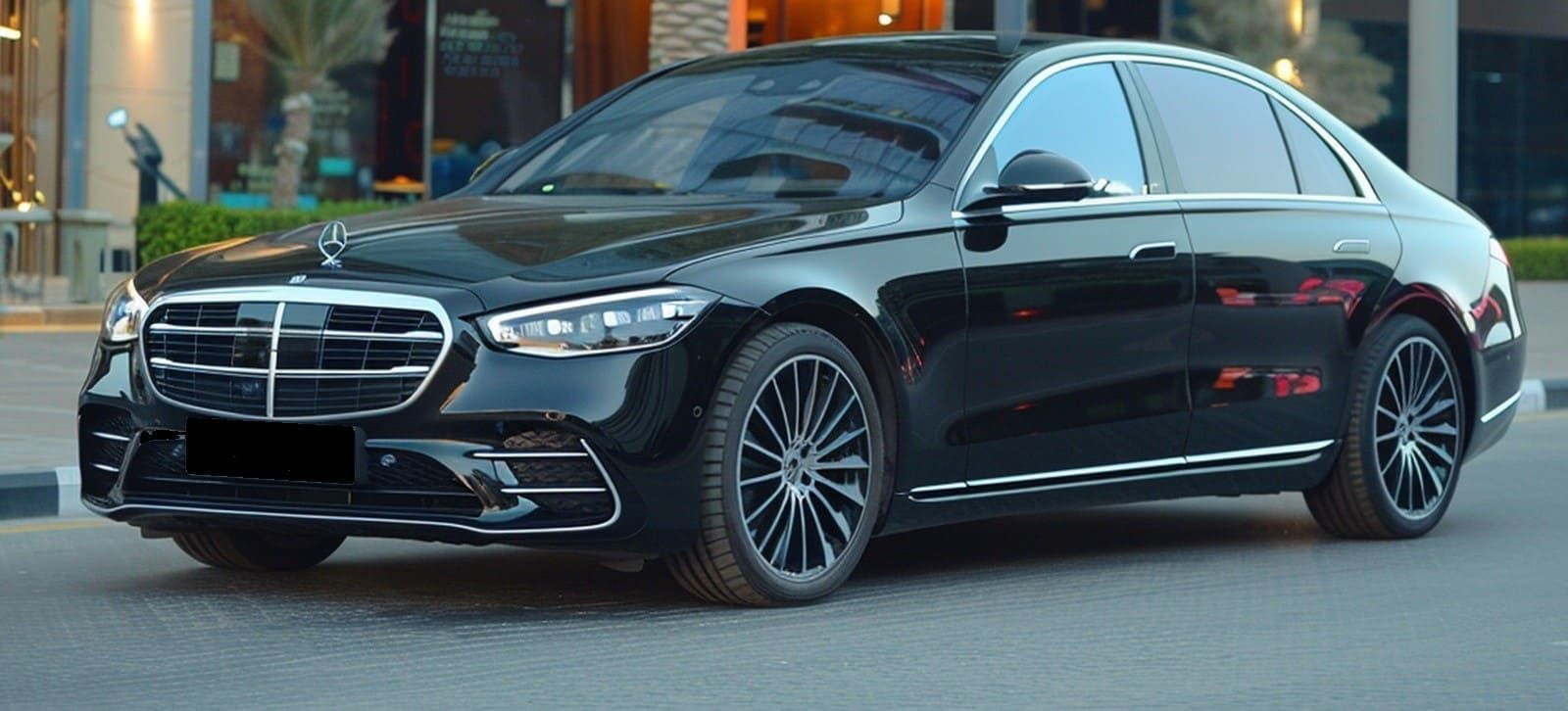
Common Myths About Window Tinting
There are several misconceptions about window tinting, and it's essential to separate fact from fiction to make informed decisions. Understanding the realities of window tinting can help dispel myths that may discourage you from considering this beneficial vehicle enhancement.
Myth 1: Darker Tints Offer Better Protection
While darker tints may seem like they offer more protection, they do not necessarily block more UV rays than lighter tints. It's the quality of the tint film that determines UV protection, not the darkness. High-quality films can offer excellent UV rejection even at higher VLT percentages, providing protection without compromising visibility.
It's a common misconception that darker tints are always better. In reality, choosing the right film involves balancing UV protection, heat rejection, and legal compliance. Consulting with a professional can help you understand which films offer the best performance for your needs.
Myth 2: Tinting is Only for Aesthetic Purposes
While tinting does enhance the appearance of your vehicle, it also serves several practical purposes, such as UV protection, heat reduction, and increased safety. Tinted windows can improve driving comfort and safety by reducing glare and providing privacy, all while protecting the vehicle's interior and occupants from harmful UV rays.
The aesthetic appeal of tinted windows is undeniable, but focusing solely on appearance overlooks the substantial benefits tinting offers. By understanding these practical advantages, you can make a more informed decision about whether to tint your vehicle's windows.
Myth 3: Factory Tint is the Same as Aftermarket Tint
Factory tint is usually just a dyed glass and may not offer the same UV protection or heat reduction as aftermarket tint films. Aftermarket tints are typically engineered with advanced materials that enhance their performance in blocking UV rays and reducing heat.
Understanding the differences between factory and aftermarket tinting can help you choose the best option for your needs. If UV protection and heat reduction are your primary concerns, investing in quality aftermarket tinting is often the better choice.
Conclusion
Understanding and complying with Florida's tint laws is essential for all vehicle owners in the state. By choosing the darkest legal tint in Florida, you ensure your safety, comfort, and compliance with state regulations. Remember to consult with professional tint installers to get the best quality and legal tint for your vehicle.
By adhering to these guidelines, you can enjoy the many benefits of window tinting without the risk of facing penalties. Stay informed, stay safe, and enjoy the comfort of legally tinted windows on your Florida drives. Regularly reviewing the latest regulations and maintaining open communication with tinting professionals can further enhance your window tinting experience, ensuring you remain compliant and enjoy the full range of benefits they offer.
ALL ABOUT TINT is your premier and trusted FormulaOne auto window tinting installer serving St. Augustine, FL. Contact us today for a free estimate!
Florida Window Tint Laws: Frequently Asked Questions
What is the darkest legal tint for car windows in Florida?
In Florida, the darkest legal tint for the front side windows is 28% Visible Light Transmission (VLT). For the rear side and back windows, the legal limit is 15% VLT for passenger vehicles and 6% for multi-purpose vehicles like SUVs.
What does VLT mean when it comes to window tint?
VLT stands for Visible Light Transmission. It measures the percentage of visible light that passes through your car windows. A lower VLT means darker tint. For example, 15% VLT blocks 85% of visible light.
Can I legally tint my windshield in Florida?
Yes, but only a non-reflective tint is allowed along the top portion of the windshield above the manufacturer’s AS-1 line (usually about 5 inches from the top).
Are there any medical exemptions for darker tint in Florida?
Yes. Florida allows medical exemptions for individuals with certain medical conditions that require additional UV protection. You must apply for the exemption through the Florida Department of Highway Safety and Motor Vehicles.
Do I need a certificate or sticker to show my tint is legal?
Yes. Florida law requires that a label with the tint’s manufacturer and compliance information be placed between the tint and glass on each tinted window.
What happens if my car tint is darker than allowed?
If your window tint is darker than the legal limit, you may be issued a noncriminal traffic citation and could be required to remove or replace the film to meet legal standards.
Are there different legal tint limits for SUVs and trucks in Florida?
Yes. While front side windows must still allow more than 28% of light in, SUVs and trucks are allowed to have rear side and back windows as dark as 6% VLT.
Where can I get Florida-compliant tint professionally installed?
To ensure your tint meets Florida regulations and avoids fines, it’s best to have it installed by a certified tint shop like ALL ABOUT TINT. Our experts ensure legal compliance and flawless application. Call us today at (904) 806-5996 for a free quote!


